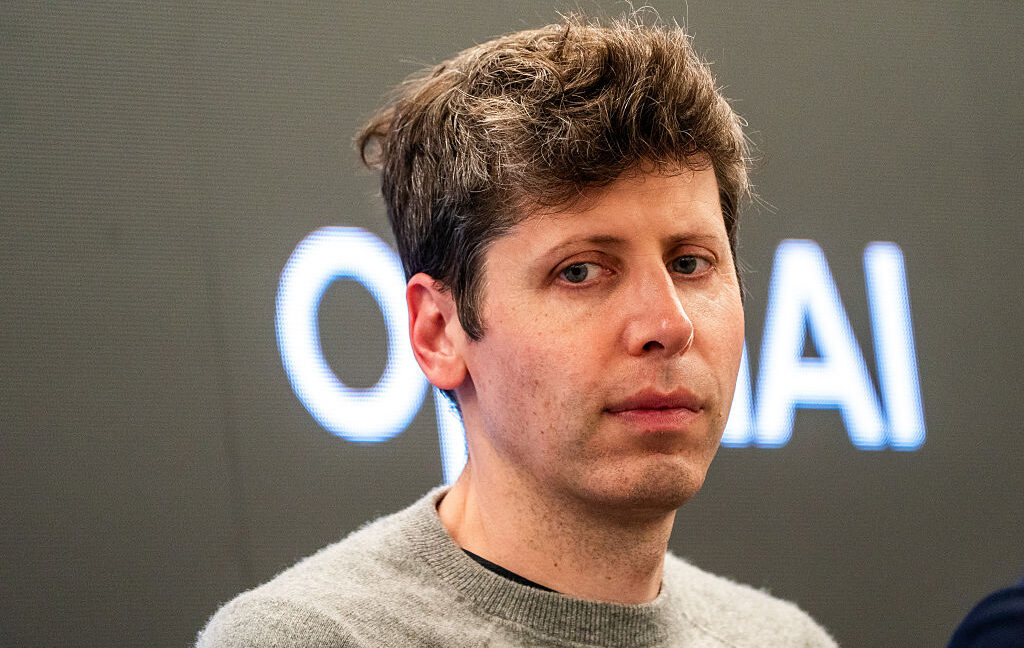“Treat us like adults,” users rage
On the X post where OpenAI announced parental controls, some parents slammed the update.
In the X thread, one self-described parent of a 12-year-old suggested OpenAI was only offering “essentially just a set of useless settings,” requesting that the company consider allowing parents to review topics teens discuss as one way to preserve privacy while protecting kids.
But most of the loudest ChatGPT users on the thread weren’t complaining about the parental controls. They are still reacting to the changes that OpenAI made at the beginning of September, routing sensitive chats of all users of all ages to a different reasoning without alerting the user that the model has switched.
Backlash over that change forced ChatGPT vice president Nick Turley to “explain what is happening” in another X thread posted a few days before parental controls were announced.
Turley confirmed that “ChatGPT will tell you which model is active when asked,” but the update got “strong reactions” from many users who pay to access a certain model and were unhappy the setting could not be disabled. “For a lot of users venting their anger online though, it’s like being forced to watch TV with the parental controls locked in place, even if there are no kids around,” Yahoo Tech summarized.
Top comments on OpenAI’s thread announcing parental controls showed the backlash is still brewing, particularly since some users were already frustrated that OpenAI is taking the invasive step of age-verifying users by checking their IDs. Some users complained that OpenAI was censoring adults, while offering customization and choice to teens.
“Since we already distinguish between underage and adult users, could you please give adult users the right to freely discuss topics?” one X user commented. “Why can’t we, as paying users, choose our own model, and even have our discussions controlled? Please treat adults like adults.”
If you or someone you know is feeling suicidal or in distress, please call the Suicide Prevention Lifeline number, 1-800-273-TALK (8255), which will put you in touch with a local crisis center.

